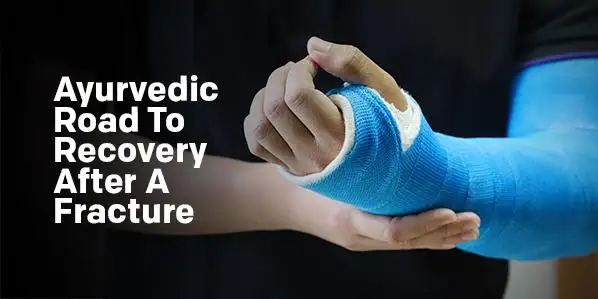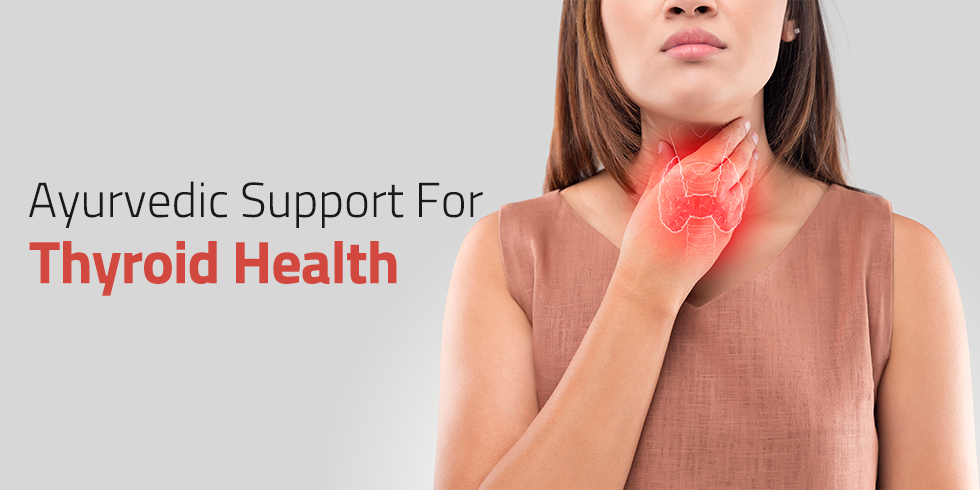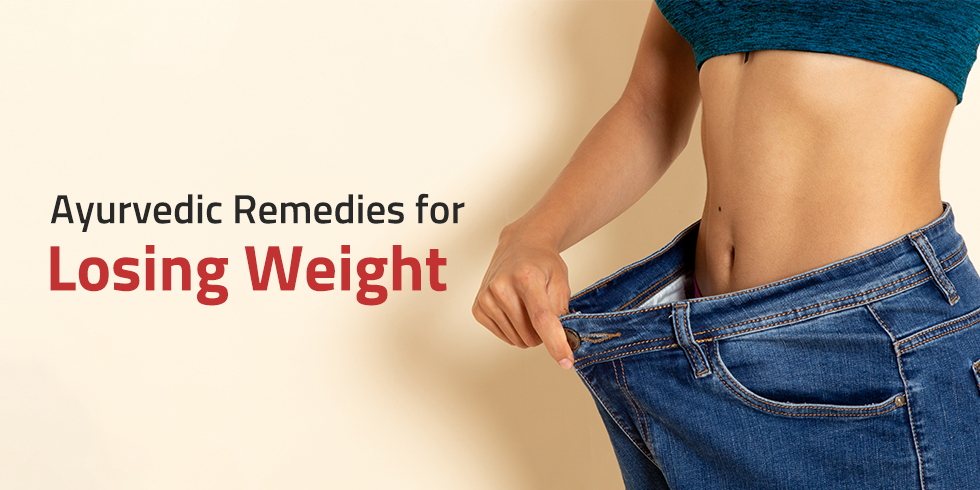Recovering from a fracture is not just a matter of physical healing; it encompasses a complex journey that involves both the body and the mind. This journey can often be long, arduous, and filled with challenges that test one’s patience and resilience. In such times, it’s essential to look beyond conventional methods of treatment and explore holistic approaches that address not just the physical aspect of healing but also the emotional and spiritual well-being. Ayurveda, the ancient Indian system of medicine, stands out as a beacon of holistic healing, offering a comprehensive pathway to recovery that integrates the mind, body, and spirit.
Whether you’re currently receiving treatment from an Ayurvedic hospital in Vadodara, consulting with an experienced Ayurvedic doctor in Vadodara, or simply exploring natural ways to enhance your recovery at home, there’s a wealth of knowledge and practices in Ayurveda that can support your path to wellness. Ayurvedic treatments for fractures include herbal remedies, diet and lifestyle modifications, and specific therapies like Marma therapy, which focuses on vital points in the body to promote healing. These treatments aim to heal the broken bone and rejuvenate the body and mind, ensuring a comprehensive recovery.
Nourishment for Bone Healing
Diet plays a crucial role in fracture recovery. Ayurveda emphasizes the importance of a nourishing diet that supports the rebuilding of bone tissue.
- Calcium-Rich Foods: Incorporate dairy products like milk and yogurt, green leafy vegetables, sesame seeds, and almonds into your diet.
- Bone-Building Nutrients: Focus on foods rich in vitamins D and K, magnesium, and omega-3 fatty acids, such as fatty fish, eggs, and walnuts.
- Easily Digestible Meals: Opt for cooked, warm, and lightly spiced foods that enhance digestion and assimilation of nutrients.
Herbal Supplements: Ayurvedic Herbs for Bone Health
Several Ayurvedic herbs are known for their bone-healing properties. However, consulting with an Ayurvedic doctor in Vadodara is essential before starting any herbal supplementation.
- Hadji: Known as Cissus quadrangularis, this herb is traditionally used to speed up bone healing.
- Ashwagandha: With its anti-inflammatory and stress-reducing properties, Ashwagandha supports overall health and recovery.
- Guggulu: Commiphora wightii is beneficial for repairing and regenerating bone tissue.
Exercises and Yoga: Supporting Physical Recovery
While rest is crucial following a fracture, gentle movement and specific exercises can help regain strength and flexibility.
- Gentle Exercises: Start with mild stretching and strength-building exercises as your healthcare provider recommends.
- Yoga Asanas: Certain yoga poses are beneficial for strengthening bones and improving balance. Poses like Tadasana (Mountain Pose) and Vrikshasana (Tree Pose) can be adapted to your ability and help in recovery. Always practice under the guidance of a qualified instructor.
Lifestyle Adjustments: Creating an Environment for Healing
Your daily routine and environment play a significant role in your recovery.
Adequate Rest
Sleep plays a pivotal role in the body’s healing process. During sleep, the body produces more white blood cells, crucial for fighting infections and promoting healing. Aim for 7-9 hours of quality sleep per night. Minimize light and noise to create a restful environment, and consider adopting a calming bedtime routine to enhance sleep quality.
Stress Management
Chronic stress can hinder the body’s healing by affecting sleep patterns and weakening the immune system. Incorporating stress-reduction techniques into your daily routine can significantly impact your recovery positively. Meditation and deep breathing exercises are effective methods for lowering stress levels. Additionally, practices such as yoga (adapted for injury if necessary) and time in nature can contribute to a more relaxed state of mind.
Avoiding Toxins
Substances like tobacco and alcohol can delay bone healing. Smoking decreases blood flow, reducing the amount of oxygen and nutrients that reach the fracture site, which is essential for healing. Alcohol consumption can weaken the bones by interfering with the body’s calcium balance, a crucial element for bone regeneration. Limiting exposure to other environmental toxins and pollutants is also advisable.
External Therapies: Ayurvedic Treatments for Fracture Recovery
Ayurveda offers several external therapies that can aid in the healing process.
Abhyanga (Oil Massage)
This traditional Ayurvedic treatment involves applying warm, medicated oil over the body with gentle massaging. For fracture recovery, the focus should be on gentle manipulation around the affected area to avoid direct pressure on the fracture site. This therapy can enhance blood circulation to the area, promoting the removal of toxins and supplying nutrients essential for healing. The selection of oil is crucial; traditionally, oils infused with herbs like Bala (Sida cordifolia) are recommended for their healing properties.
Panchakarma
Panchakarma is a series of detoxifying treatments that restore the body’s innate healing ability. For supporting bone health and fracture recovery, specific therapies within Panchakarma can be beneficial:
- Basti (Medicated Enema): This therapy balances the Vata dosha, which is associated with the bones and skeletal system in Ayurveda. Administering medicated oils or decoctions through an enema can nourish and strengthen the bones, facilitating healing.
- Snehana and Swedana: Before Basti, treatments like Snehana (internal and external oleation) and Swedana (sudation or sweat therapy) prepare the body. These treatments help in loosening the toxins in the body, making them easier to eliminate during Basti.
Conclusion
Recovering from a fracture is not just about healing bones; it’s about restoring balance and health to your entire body. An ayurvedic doctor in Vadodara will offer a holistic approach to recovery that complements conventional treatment methods. Incorporating Ayurvedic principles and practices into your recovery plan can enhance your body’s natural healing capabilities, improve your overall well-being, and prevent future injuries. From dietary advice and herbal supplements to physical therapies and lifestyle adjustments, you’ll receive comprehensive care that supports your body’s natural healing processes.





